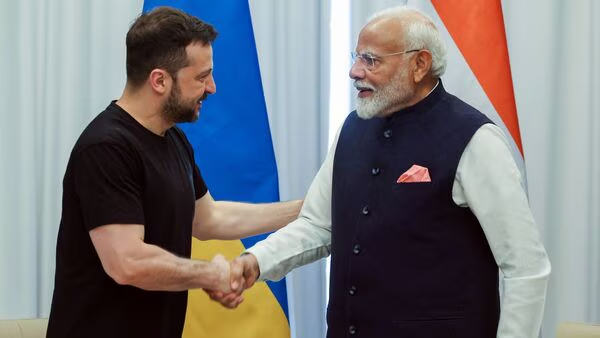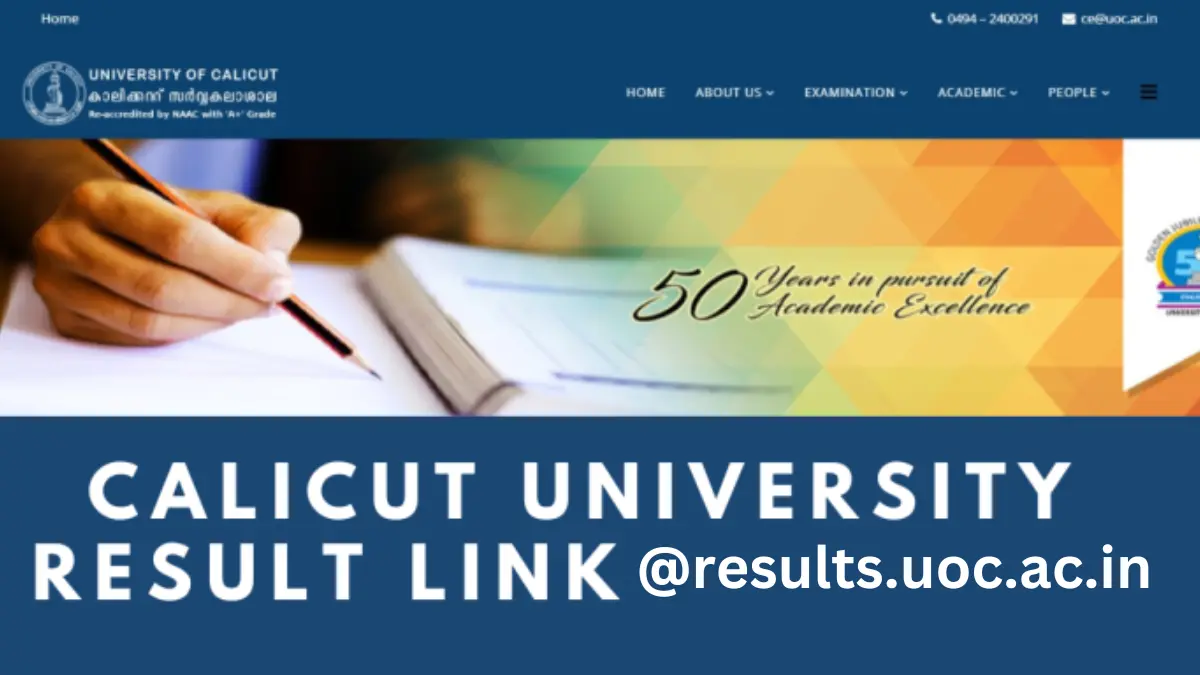A few weeks prior to the commencement of voting in the current Indian election, Prime Minister Narendra Modi was mingling with individuals going by the names BeerBiceps and Curly Tales at an event in Delhi.

The occasion, an awards ceremony honouring some of the nation’s most prominent social media personalities for their achievements, was a recognition of the influencer’s power, which could have appeared unthinkable only a few years ago.
These influencers were also being lined up to play a critical role in reaching the young, the indifferent, and the disillusioned, as politicians prepared to fight it out for India’s billion votes.
However, while some hail social media for democratising the media and creating a platform where everyone can openly express their opinions, others paint a more dire image, one in which threats abound and the truth can be sacrificed for a fat paycheck.
It would have been difficult to find somebody referring to themselves as a “influencer” ten years ago.
However,

According to Mr. Deshpande, by disseminating content via a carefully selected list of regional influencers with a modest but engaged following, they have assisted an opposition candidate in winning an assembly election.
“Social media content is powerful and can influence the way a person feels about an issue,” said Deshpande. “It gives social currency to a belief or opinion – but this can lead to a lack of critical thinking about an issue,” he states.
Preethi Aggarwal, a 25-year-old, is among those who use Twitter, YouTube, and Instagram apps to better grasp news.
In an attempt to “really understand what’s going on,” Ms. Aggarwal, like hundreds of others, follows a number of “political influencers,” or those who discuss politics on social media.
“Updates can come
But the problem is, whose perspective is she getting?
YouTuber Samdish Bhatia reveals numerous politicians have reached out to him, especially in the months before this election, offering him millions of rupees to interview them.

“But they wanted me to share questions in advance or get the video approved before it’s published,” he says, adding that he declined the offers because he “likes to maintain editorial control”.
The particular trend for longer form, slightly chummy interviews – where politicians get to show off their human side – is particularly vulnerable to management, says Joyojeet Pal, an associate professor at the University of Michigan.
“Many of these interviews are carefully managed by politicians,” Mr Pal says.
But even if they aren’t, a gentler style of questioning can also blur the line between interview and promotion, says Mr Pal.
“If your questions aren’t holding power to account, then the interview just becomes a platform for easy publicity.”
But for Mr Pal, this is just one of the problems he sees with politics on social media.
In a recent research paper, he examined some of India’s top influencers and who they interviewed, finding BJP leaders were featured more often than opposition leaders.
His research also found an overall drop in the number of accounts posting content critical of the incumbent government in recent years, while the amount of pro-BJP content had increased.
“This hints at a growing hesitancy among people to be openly critical of the government whereas there seems to be more confidence in putting up polarising content or content that supports the government’s ideologies,” Mr Pal says.
“And this is dangerous for democracy,” he adds.
Influencers supporting the opposition clearly indicated that they were working in a hostile atmosphere.
A number of people who post critical content about the government declined to interview with the BBC for this report, citing fear of penalties from the administration. They also run their channels under pseudonyms to conceal their true identity.
The Ranting Gola told the BBC that she frequently receives nasty or threatening comments as a result of the films she broadcasts, and that her Instagram account has been deleted several times without explanation.
She also only spoke with the BBC under the condition that her name not be revealed.
The BJP government has dismissed charges of clamping down on
Opposition parties claim that the current climate is challenging, yet despite these reservations, they are nonetheless reaching out to voters through the same influencer network.
“The BJP has taken over the mainstream media,” claims Supriya Srinate, the Congress party’s head of social media.
She continues, “Our funds have been frozen; we have no money to advertise,” alluding to a move made by the Indian tax department just weeks prior to the polls. Leaders in Congress have charged the government with having a political grudge, a charge the administration has refuted and maintained that the federal department was carrying out its duties on its own.

Because of these purported obstacles, Ms. Srinate contends, influencers are an effective means of reaching voters, noting that the Congress has been collaborating with “volunteers” who think



